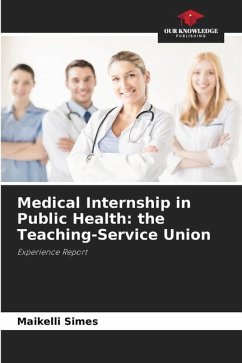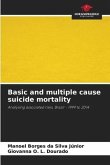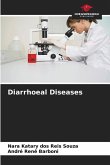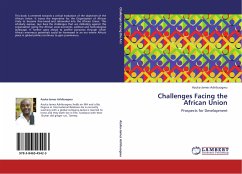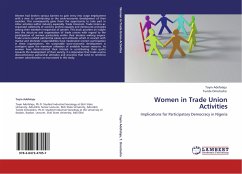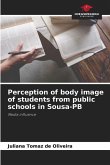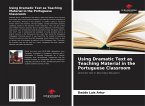The new curricular guidelines for medical courses, in order to expand and provide the students with general, humanistic, critical and reflective training, working with health promotion, prevention, recovery and rehabilitation, with social responsibility and commitment to citizenship, require the modification of the central role of the physician as a transmitter of knowledge to a more cooperative role, facilitator of the teaching-learning process and integrator with other disciplines both in planning activities and in the execution of tasks. In the report of the experiences of five medical students from the Unochapecó - Chapecó SC - in the medical internship, I verified the continuous evolution in learning, as well as the humanization and integration of the student in the community. The learning in service presents the contribution of an evaluative process more inclusive, dialogical and committed to the formation of the medical citizen.
Bitte wählen Sie Ihr Anliegen aus.
Rechnungen
Retourenschein anfordern
Bestellstatus
Storno

